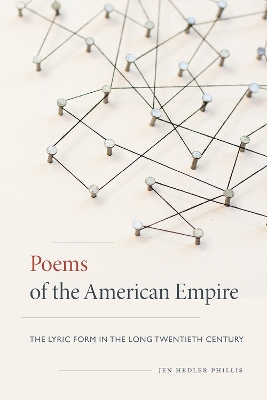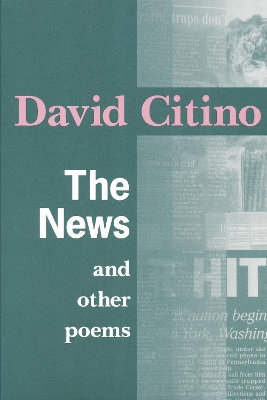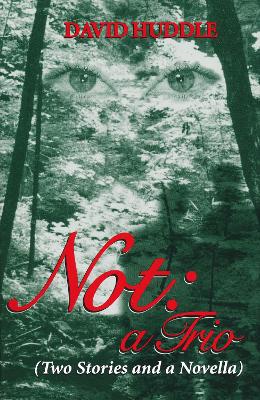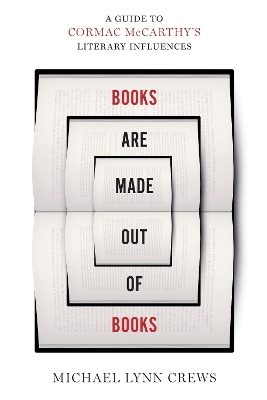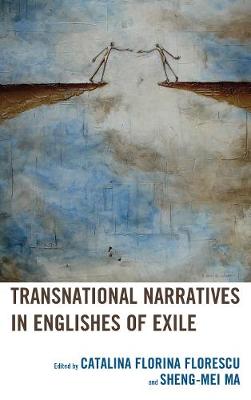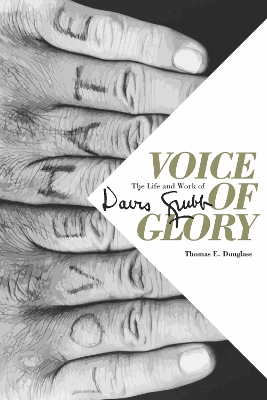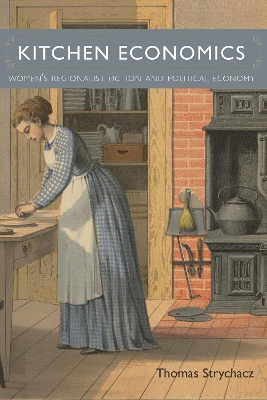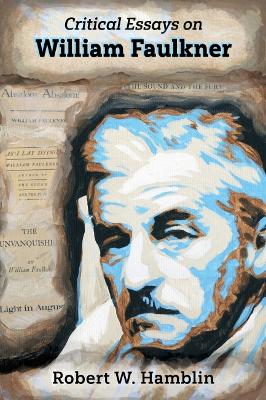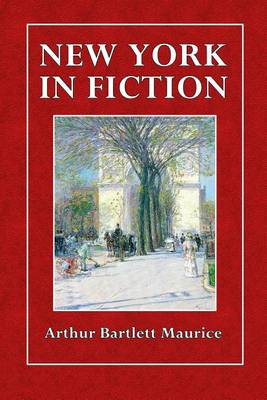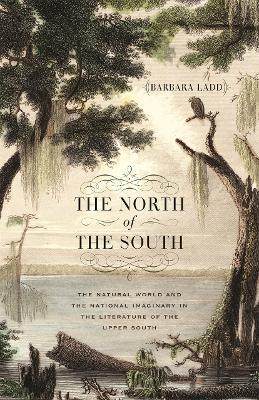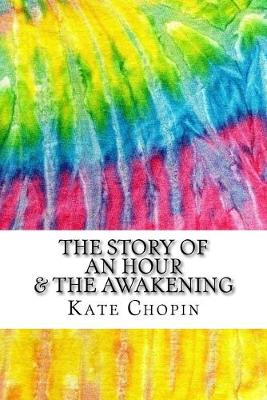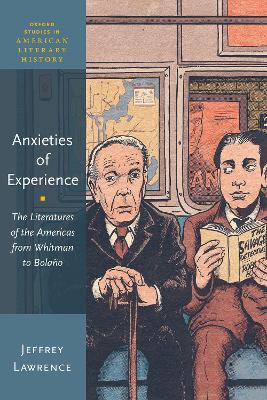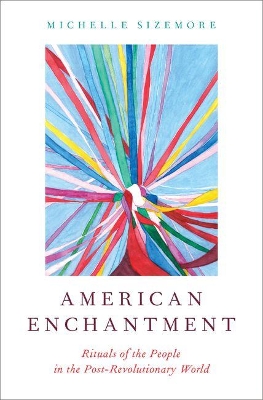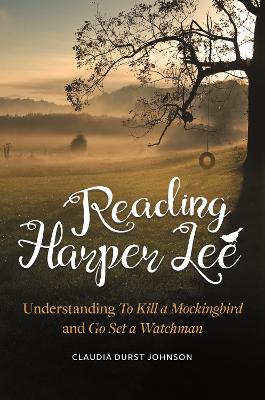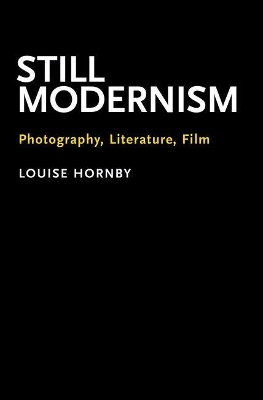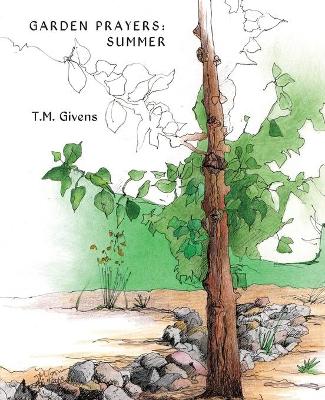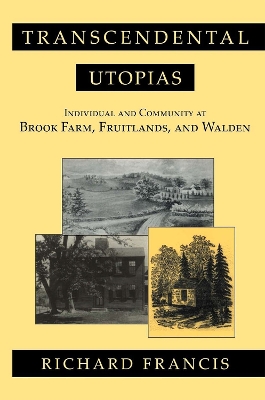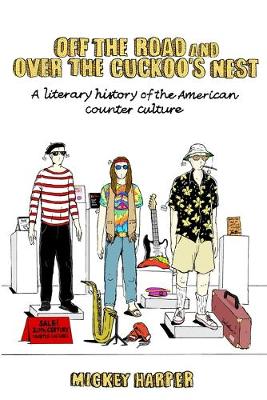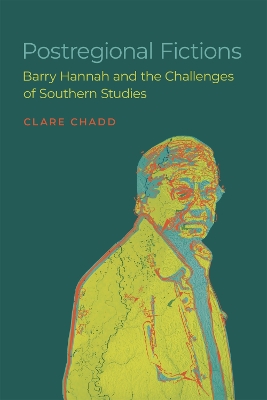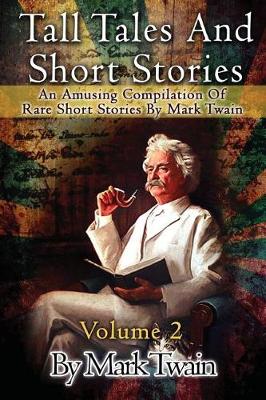Poems of the American Empire argues that careful attention to a particular strain of twentieth-century lyric poetry yields a counter-history of American global power. The period that Phillis covers-from Ezra Pound's A Draft of XXX Cantos in 1930 to Cathy Park Hong's Engine Empire in 2012-roughly matches what some consider the ascent and decline of the American empire. The diverse poems that appear in this book are united by their use of epic forms in the lyric poem, a combination that violates a...
In The News and Other Poems, David Citino confronts and attempts to make sense of the news. He explores the good and bad ways the world has of careening into a life and sending it off course. Citino tries to understand how we come to know what we know, driven as we are by haughty assumptions about the world we’re making and the control we think we exert over our own lives and loves. While still holding romantic notions of ivory towers and ivy-covered garrets, Citino welcomes the latest informati...
Acclaimed novelist, short story writer, and poet, David Huddle captivates us with a new collection. Not: A Trio is a sequence of three related stories that, taken together, form a unified work of fiction. This faceted approach is especially suited to a work that reveals the intricate connections among Danny Marlow, Claire McClelland, and Ben McClelland. Danny, Claire, and Ben are thoughtful people who know each other well—yet hardly at all. Danny narrates the first story, introducing the reader...
Cormac McCarthy told an interviewer for the New York Times Magazine that “books are made out of books,” but he has been famously unwilling to discuss how his own writing draws on the works of other writers. Yet his novels and plays masterfully appropriate and allude to an extensive range of literary works, demonstrating that McCarthy is well aware of literary tradition, respectful of the canon, and deliberately situating himself in a knowing relationship to precursors. The Wittliff Collection a...
Monolingual, monolithic English is an issue of the past. In this collection, by using cinema, poetry, art, and novels we demonstrate that English has become the heteroglossic language of immigration - Englishes of exile. By appropriating its plural form we pay respect to all those who have been improving standard English, thus proving that one may be born in a language as well as give birth to a language or add to it one's own version. The story of the immigrant, refugee, exile, expatriate is ev...
Literature and Culture of the Chicago Renaissance
by Prof. Trevor Kerry and Jim Eggleston
The Chicago Renaissance has long been considered a less important literary movement for American modernism than the Harlem Renaissance. The Chicago Renaissance had its origin around the turn of the nineteenth century, from 1890 to 1910, gathered momentum in the 30s, and paved the way for the postmodern and postcolonial development in American literature even since. Yoshinobu Hakutani aims to shed light on this seldom studied, yet pivotal period, by studying some of it's most influential works an...
Hailing from the small river town of Moundsville, West Virginia, Davis Grubb (1919-1980) became a key figure in the canon of Appalachian literature. The author of ten novels and dozens of short stories and radio plays, Grubb's writings, as Tom Douglass observes, "catalogued his life" - and a turbulent life it was, marked by the traumatic loss of both the family home and his father during the Great Depression, the overbearing affections of his mother, the fear of failure, painful struggles with a...
Kitchen Economics (American Literary Realism & Naturalism)
by Thomas Strychacz
An analysis of how nineteenth-century women regional writers represent political economic thought. Readers of late nineteenth-century female American authors are familiar with plots, characters, and households that make a virtue of economizing. Scholars often interpret these scenarios in terms of a mythos of parsimony, frequently accompanied by a sort of elegiac republicanism whereby self-sufficiency and autonomy are put to the service of the greater good - a counterworld to the actual econo...
Critical Essays on William Faulkner compiles scholarship by noted Faulkner studies scholar Robert W. Hamblin. Ranging from 1980 to 2020, the twenty-one essays present a variety of approaches to Faulkner's work. While acknowledging Faulkner as the quintessential southern writer-particularly in his treatment of race-the essays examine his work in relation to American and even international contexts. The volume includes discussions of Faulkner's techniques and the psychological underpinnings of bot...
The North of the South (Mercer University Lamar Memorial Lectures)
by Barbara Ladd
Over the past generation the Deep South has become the primary focus, and the plantation the predominant site, in southern literary studies. These developments followed academic interest first in postcolonial studies and more recently in globalization studies and conceptions of the Global South. With The North of the South Barbara Ladd turns her attention to the Upper South, exploring the fluidity of regional boundaries in this part of the world. In so doing she argues for greater attention to...
Anxieties of Experience (Oxford Studies in American Literary History)
by Jeffrey Lawrence
Anxieties of Experience: The Literatures of the Americas from Whitman to Bolano offers a new interpretation of US and Latin American literature from the nineteenth century to the present. Revisiting longstanding debates in the hemisphere about whether the source of authority for New World literature derives from an author's first-hand contact with American places and peoples or from a creative (mis)reading of existing traditions, the book charts a widening gap in how modern US and Latin American...
The demise of the monarchy and the bodily absence of a King caused a representational crisis in the early republic, forcing the American people to reconstruct the social symbolic order in a new and unfamiliar way. Social historians have routinely understood the Revolution and the early republic as projects dedicated to and productive of reason, with "the people" as an orderly and sensible collective at odds with the volatile and unthinking crowd. American Enchantment rejects this traditionally h...
Reading Harper Lee: Understanding to Kill a Mockingbird and Go Set a Watchman
by Claudia Durst Johnson
Still Modernism offers a critique of the modernist imperative to embrace motion, speed, and mobility. In the context of the rise of kinetic technologies and the invention of motion pictures, it claims that stillness is nonetheless an essential tactic of modernist innovation. More specifically, the book looks at the ways in which photographic stillness emerges as a counterpoint to motion and to film, asserting its own clear visibility against the blur of kinesis. Photographic stillness becomes a...
New England Transcendentalism was a vibrant and many-sided movement whose members are probably best remembered for their utopian experiments, their attempts to reconcile the contingent world of history with what they perceived as the stable and patterned world of nature. Richard Francis has written the first book to explore in detail the ideological basis of the three famous experiments during the 1840s: Brook Farm, Fruitlands, and Henry David Thoreau's "community of one" on the shores of Walden...
Drawing from recent debates about the validity of regional studies and skepticism surrounding the efficacy of the concept of authenticity, Clare Chadd's Postregional Fictions focuses on questions of southern regional authenticity in fiction published by Barry Hannah from 1972 to 2001. The first monograph on the Mississippi author's work to appear since his death, this study considers the ways in which Hannah's novels and short stories challenge established conceptual understandings of the U.S. S...
Artificial Color
by Associate Professor of English Catherine Keyser
